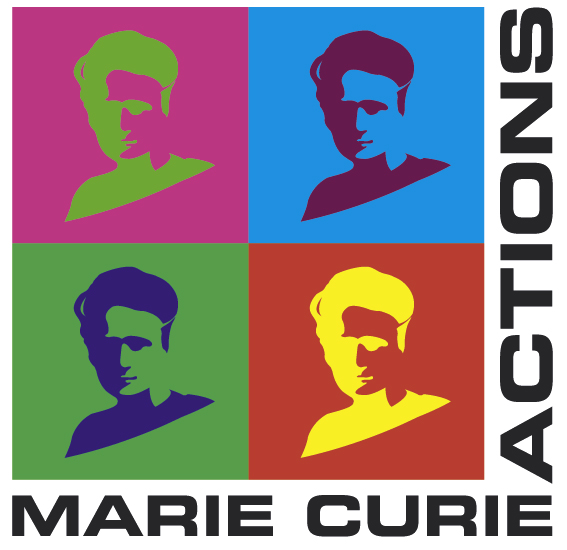RAPTOR stands for Real-time Adaptive Particle Therapy of Cancer and is a groundbreaking and multidisciplinary project funded by the European Union.
Besides Cosylab, fourteen other organisations cooperate in the European Horizon 2020 project consortium whose purpose is to perform research both at academic and non-academic health care facilities. RAPTOR will also recruit fifteen young researchers through the Innovative Training Network (ITN) of the Marie Skłodowska-Curie scheme to work at the consortium partners. The latter include universities, research centres and companies.
Introduction
Particle therapy (PT) is a form of radiotherapy that targets tumours with high accuracy, sparing healthy surrounding tissue. However, PT in its current format is time-consuming and lacks flexibility, rendering it unsuitable for personalised treatments. To exploit the full benefits of PT, further optimisation is required related to changes in anatomy or organ motion. The EU-funded RAPTOR project aims to address these limitations and advance PT for real-time use. The project involves key industrial leaders, ensuring the rapid translation of the findings into innovative and marketable solutions that can be implemented in the clinic.
Objective
The Real-time Adaptive Particle Therapy Of CanceR (RAPTOR) consortium comprises world-class research institutes, non-academic particle therapy (PT) centres and industrial providers of PT equipment, offering a platform for intercultural, interdisciplinary and intersectoral training of early-stage researchers (ESRs) in the field of medical physics with a focus on real-time adaptive PT. This comprehensive expertise and infrastructure is required to address and solve challenges in the clinical implementation of real-time adaptive PT.
PT is an advanced type of radiotherapy used to treat a constantly rising number of cancer patients. PT allows to target tumour with a high accuracy while sparing healthy surrounding tissue from dose. However, changes in anatomy or positioning and organ motion give rise to uncertainties that need to be further minimized to exploit the full benefits of PT. Adapting PT plans in real-time has the potential to provide truly personalized treatments, allowing for better target control and less toxicity. A move towards wide clinical implementation of adaptive PT approaches is currently prohibited by (i) stepwise treatment workflows that are time-consuming and largely manual, (ii) the inflexibility of commercial PT equipment, and (iii) the wide range of PT equipment and protocols.
RAPTOR ESRs will conduct research projects at both academic and non-academic health care facilities which will sharpen their focus on clinical needs with respect to real-time adaptive PT. The active involvement of industry ensures that the transfer of industry-relevant skills is an integral part of individual ESR projects. This will guarantee rapid translation of clinical needs into innovative and marketable solutions.
RAPTOR aims to train a new generation of researchers, enabling a paradigm shift from treatment approaches that are manual and stepwise to those that are automatic and seamless, while assuring standardized clinical implementation of real-time adaptive PT.
The future of particle therapy is not only adaptive – it is also real-time!
We at Cosylab are proud to be a co-founder and one of the three industrial partners in the RAPTOR EU research project that aims to bring adaptive particle therapy to the clinic. The latter would operate as a practical, real-time system for the rapid preparation of dynamic treatment plans that consider individualistic patient-anatomy changes. The final result will be integrating all the partners’ findings into an innovative technical solution that is both clinic-ready and marketable. I believe proton therapy can become a part of modern value-based healthcare which promises even better cancer-patient outcomes at a cost that society can afford.
Project website: https://raptor-consortium.com/
Useful links:
The RAPTOR Project: How to Create a Real-time Tumour-eating PT Beast – Cosylab


